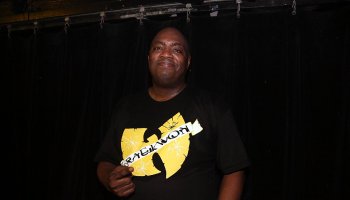Studies show that between 50 and 75 percent of women who experience physical abuse in a relationship also experience sexual abuse from that same partner. Also, in the United States greater than 50 percent of women survivors of rape and greater than 75 percent of women survivors of sexual pressuring conveyed that the offender was a past or present intimate partner. There is also an acknowledgement that these numbers are grossly under reported. Likewise, prevalence among male victims is largely underreported.
There are unique dynamics that exist and must be considered when examining sexual abuse. Several cultures do not subscribe to the belief that forced sex acts in intimate relationships constitute rape. Gender role stereotypes can be harmful for survivors and lead to underreporting, lack of advocacy, and further violence.
Safety is paramount and safety planning may lead to more positive outcomes for survivors. Here are several tips that could ensure greater safety when one is experiencing sexual assault in an intimate relationship:
- Have essential phone numbers close
- Decide if you have friends you can safely tell about what you are experiencing. Try to create a code word that will alert them to call the police
- Review your plan from time to time
- You may not want to leave your relationship and that is ok. However, come up with a plan to leave the house in the event of an emergency (pretend to walk the dog, take the trash out)
- Seek counseling when and if it is safe and you choose to do so
The following resources provide further pertinent information:
U.S. National Domestic Violence Hotline at 1-800-799-7233
Rape, Abuse, and Incest National Network
Information on reproductive coercion
Dr. Natasha Watson Mack has over 15 years community service experience as a domestic violence and sexual assault counselor working with men who have been physically, emotionally, sexually, psychologically and economically abusive to their partners, and as crisis intervention counselor at an agency for survivors of domestic violence and sexual assault. Natasha does extensive work with teens in the area of sexual dating violence and safer sex practices. She served as Chief Operating Officer of a non-profit men’s program for 7 years. She currently serves as an administrator in child protective services working primarily with child survivors of sexual assault. Natasha’s core expertise is in counseling, education, program management and operations. She attended Lincoln University where she studied Human Services and earned a Masters degree.
When Sex Is Scary: Signs You’re In A Sexually Abusive Relationship was originally published on blackdoctor.org











